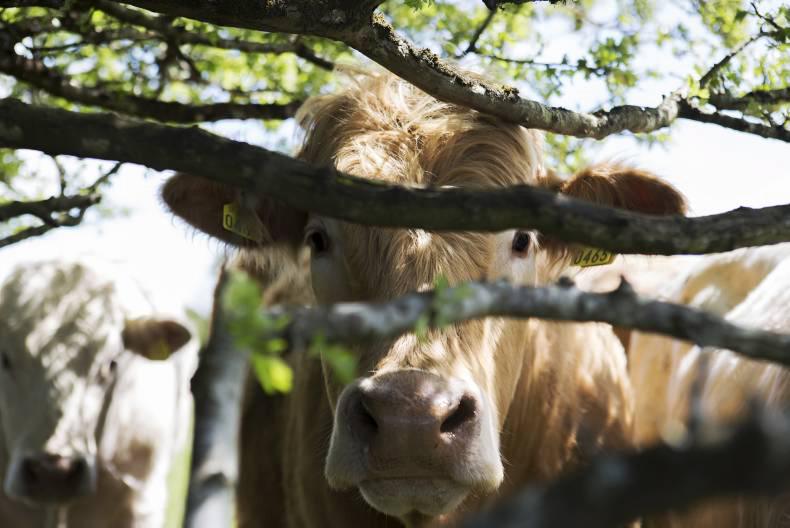Of those 607 investigations into persons and companies in the wider agri-food sector, just 58 ended in prosecutions being brought forward. According to Aidan O’Driscoll, secretary general at the Department of Agriculture, of the cases than ended in prosecutions, “the success rate has been very high” with 90% of cases being won by the Department.
The investigations unit, formerly known as the Special Investigations Unit (SIU), has been in operation since the mid-1980s when it was established to track down the use of angel dust and other banned growth hormones in cattle. In October 2014, the SIU was disbanded and replaced with a new investigations division. However, the majority of staff from the SIU remain in the new division.
The figures were revealed during hearing of the Joint Oireachtas Public Accounts Committee (PAC) last Thursday. The Department of Agriculture was questioned on issues from expenditure to how the SIU handled itself in various high profile cases.
On the financial side, O’Driscoll said the Department has been on a “comprehensive” plan to reduce its cost base while he also set out the cost to the State of some initiatives in recent years.
The cost of the horsemeat investigation cost €183,000; the fodder crisis fund cost €2.8m while the cost of “implementing disease eradication schemes in the areas of bovine TB, brucellosis, BSE and scrapie” has fallen from €180m in 2002 to €38m in 2014. The cost of running the investigation unit has fallen from €1.2m in 2008 to €964,000 in 2013.






 This is a subscriber-only article
This is a subscriber-only article










SHARING OPTIONS: